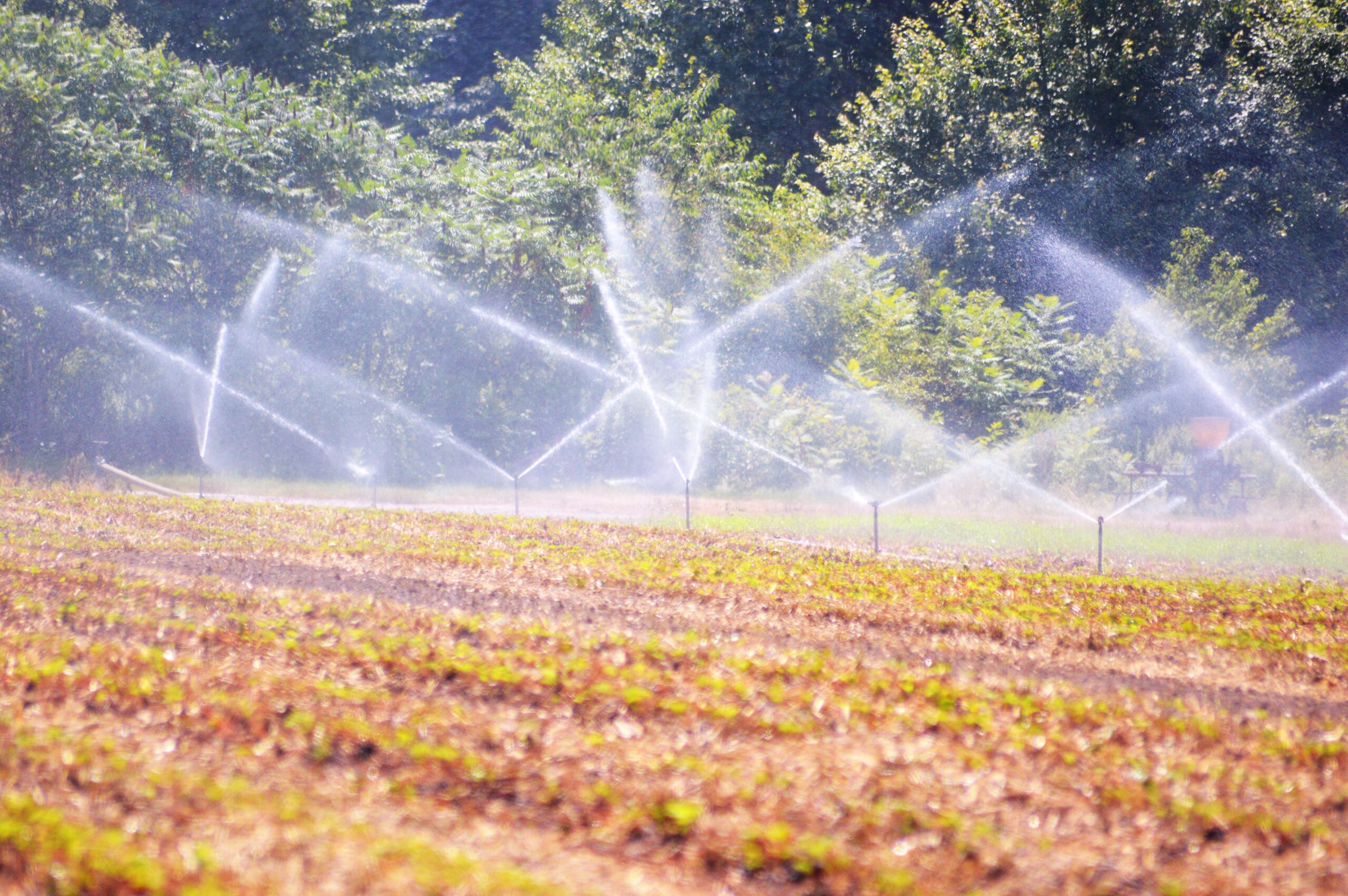Smart agricultural practices are a major solution to many global agricultural issues. Across the globe, farms are rapidly seeking to adopt IoT solutions into their workflows to enhance agricultural practices. Studies say that, by 2023, the global IoT agricultural market is expected to reach $30 billion.
In some developing countries, farmers are already exploring advanced agricultural practices in their workflow, like sensors to analyze the characteristic of the soil and to create a detailed map of the farm area, etc. IoT-enabled sensors can be used to monitor crop productivity, weather changes, data related to market changes, etc. IoT-enabled solutions provide connectivity across all these innovations.
Building IoT-enabled smart irrigation
AutoMax IoT-enabled smart irrigation provides optimized farming procedures that farmers can rely on. It ensures to conserve resources and ensures that crops receive the optimum care by adjusting the water schedules and quantity. IoT-enabled sensors gather soil information, keep track of crop status, and send the collected data from sensors to farm irrigation systems. When the soil lacks sufficient water, a platform responds to this alert, and the water sprinkle is turned on.
Automated irrigation system can track the irrigation status, start and finish the operation with the press of a button and get reports on crop health, moisture levels, and weather conditions.
The smart irrigation system must have the key elements to fulfill these goals.
Precision farming
Many farmers across the globe benefit significantly from switching to precision farming practices. It helps to reduce costs and environmental harm on a large scale and leads to growing healthier crops. The introduction of precision farming has enabled farmers to effectively manage a spread-out farm by gathering data about the environment, crops, and animals and ensuring the farm is operating at full potential. Precision farming can help farmers gain better control over the farms and reduce resource usage; moreover, it helps to have better yielding.
Remote control
Smart irrigations are typically navigated via a smartphone or laptop. The users can access the smart platform through the application.
Thus, the users can control the farm processes even remotely using the applications. The sensors will connect and transmit data regarding the moisture levels, temperature, soil status, etc.
Smart schedules
Smart schedules can benefit the agriculture in many ways, especially when it comes to watering customization. IoT-enabled smart practices can set the timing for a particular irrigation zone by pausing and finishing the irrigation at any moment. The smart system can also support weekly advanced schedules in planned breaks and intensity variations. IoT-based water management systems can adjust the watering schedule with respect to moisture level, humidity, etc.
Alerts and notifications
The IoT-enabled system alerts the farmer about the start and finish of the water schedules and sends error alerts. Technical issues and other abnormalities can also be detected by the system and immediately notify the users via alerts.
Increased connectivity
Smart irrigation facilities enable increased connectivity with the sensors to other devices such as smart phones and laptops. The real-time connectivity notifies and updates the users at any time from any available device.
Weather updates
Advanced irrigation system relies on data related to the location-specific data, weather forecast, current weather, etc. The technology can produce customized long-term watering schedules based on the forecast and machine learning predictions.
How AutoMax IoT enabled smart solution enhances irrigation
Agriculture and irrigation procedures demand careful control and are highly dependent on the type of crop and environment.
For this reason, farmers have prioritized adopting IoT in irrigation and smart technologies for water control. The watering plan can be changed based on real-time updates from IoT sensors on even the smallest moisture variations and subtle weather changes.
Preventing water wastage
Lack of proper monitoring and supervision can lead to wastage of irrigation water. This can adversely affect crop health, affect soil, and can even lead to drought. Smart irrigation promotes using the exact amount of water and preserves water resources.
Better crop yield
Along with the population growth, there occurs the demand for growing more agricultural products. Farmers must streamline their working procedures and resource management to be able to produce more crops in less time to meet this growing demand for food. Real-time updates, alerts about market opportunities and risks, and the ability to track environmental conditions are all provided by IoT analytics (humidity, rainfall, temperature, etc.).
To sum up
IoT-enabled smart irrigation practices are a cutting-edge technology using connected sensors, devices, and remote controllers. Farmers and their other staff can automate their workflow while getting a real-time view of the irrigation operation.
The farm manager can ultimately foresee potential hazards, base irrigation plans on weather updates and moisture levels, and utilize statistics from earlier irrigation sessions. Farming is a less wasteful and more predictable process because farmers can adapt to changes and plans by drawing on their past knowledge.
 EN
+1 669-231-8743
EN
+1 669-231-8743
